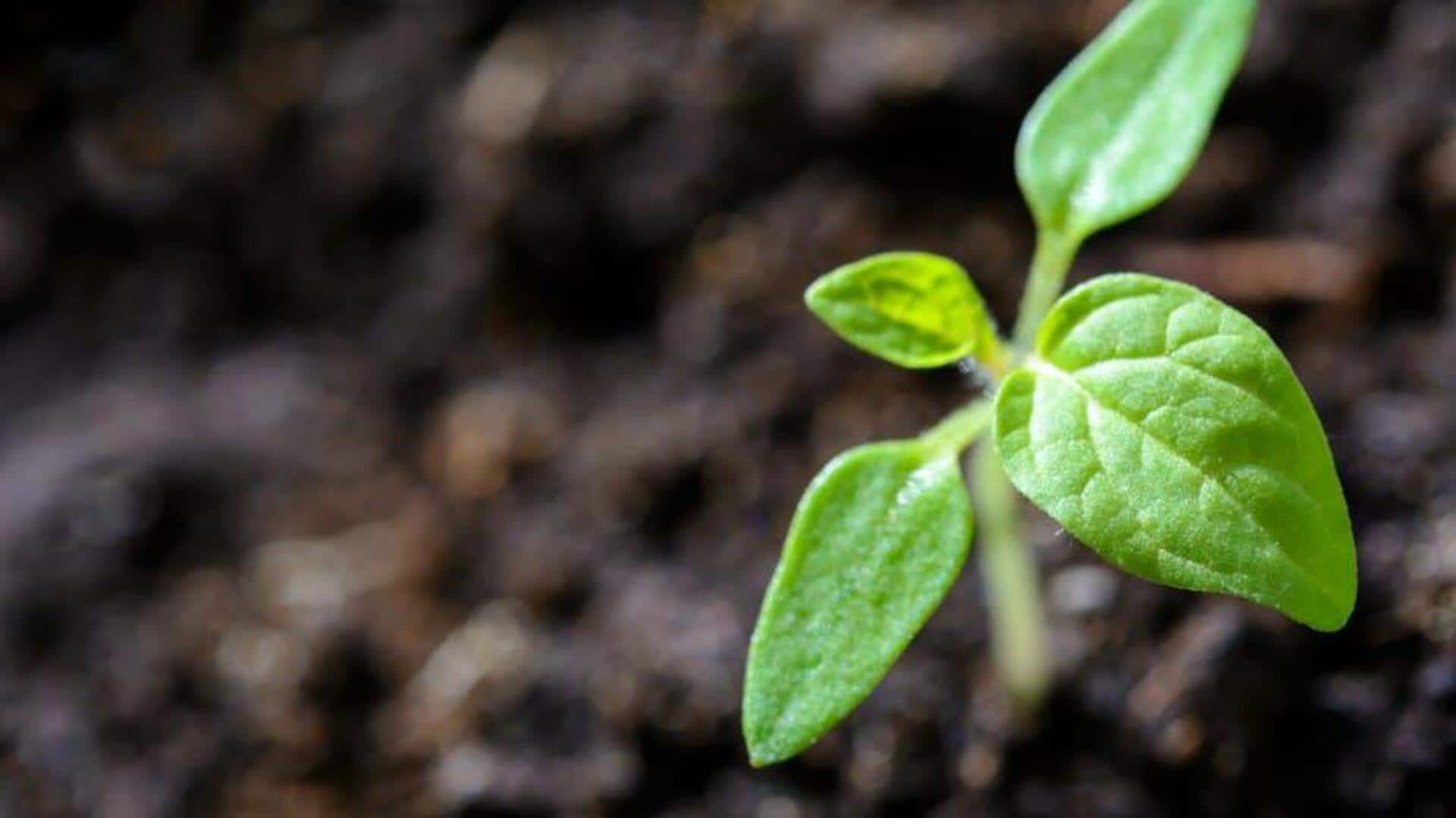
Kitchen waste can nourish your plants, we tell you how
What's the story
Did you know that your kitchen waste could be a boon for your plants? Instead of tossing away certain items, you can repurpose them to enrich your soil and provide plants with nutrients they need. Not only does this keep waste in check, but it also encourages sustainable gardening practices. Using common kitchen scraps, you can keep your plants healthy without spending on fertilizers.
Coffee grounds
Coffee grounds for acid-loving plants
Since coffee grounds are rich in nitrogen, they make a great addition for acid-loving plants such as roses and blueberries. They also help improve soil structure by improving drainage and water retention. Coffee grounds also attract earthworms, which aerate the soil further. To use coffee grounds effectively, simply sprinkle them around the base of your plants or mix them into compost.
Banana peels
Banana peels as a potassium source
Banana peels are rich in potassium, an essential nutrient that promotes plant growth and strengthens their root systems. They also contain traces of calcium and magnesium. You can use banana peels by chopping them into small pieces and burying them near the roots of your plants, or by adding them to your compost pile.
Eggshells
Eggshells for calcium boost
Shells mostly contain calcium carbonate, which helps strengthen plant cell walls. Crushed shells can also prevent tomatoes from developing blossom end rot by providing a constant supply of calcium to the soil. Rinse shells properly before crushing them into small pieces and mixing them into the soil or compost.
Vegetable peelings
Vegetable peelings as nutrient-rich compost
Vegetable peelings of carrots, potatoes, and other vegetables are loaded with nutrients that greatly help in plant growth. When these peelings break down in compost piles, they decompose quickly. This process adds valuable organic matter to the soil, improving its texture while also enriching it with important minerals such as phosphorus and potassium, essential for healthy plant growth.
Tea leaves
Tea leaves for soil enrichment
Used tea leaves work wonders for soil as they are rich in tannic acid and nitrogen compounds. These elements improve soil fertility over time when added directly to the garden or mixed with compost. This trick is similar to the use of coffee grounds, as we mentioned before. Tea leaves enrich soil as a whole, benefiting plant health and growth in the best way possible over time.